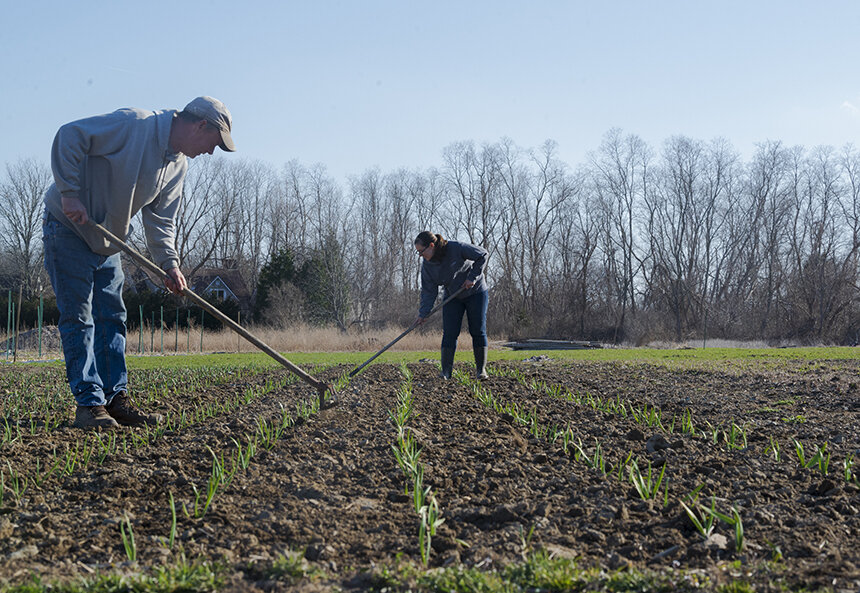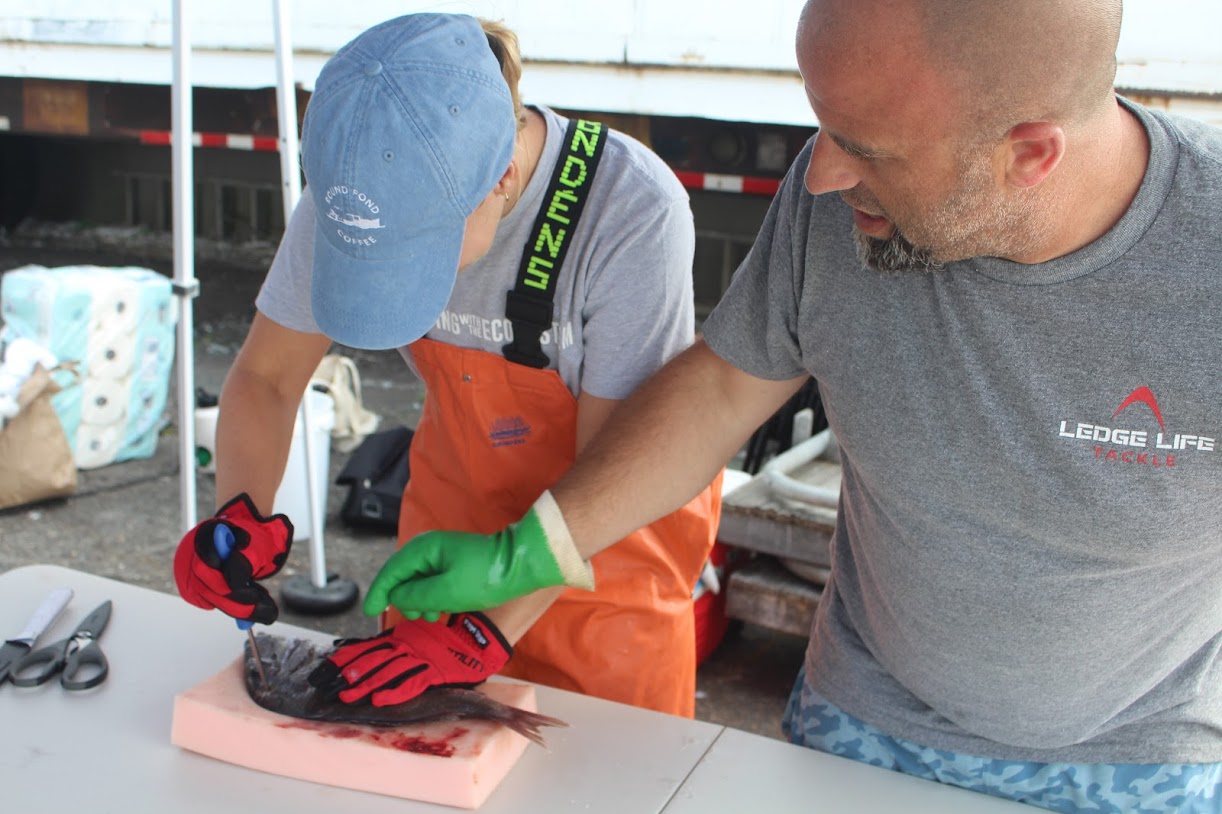Providence Program Seeds Farm-to-Cafeteria Project
May 23, 2014
PROVIDENCE — The city’s urban garden program is expanding into the classroom and the lunchroom. Thanks to a $150,000 grant, the Lots of Hope program that turns abandoned lots into urban farms is adding a third site that will include a greenhouse and composting program. The new site, slated for the West Elmwood neighborhood, will be an urban garden classroom that grows food for school cafeterias.
The project is driven by a new stipulation in the city’s upcoming contract with its food vendor that requires at least 15 percent of all public school food be grown locally. The school department’s current contract with Sodexo food service is expiring. Sodexo and other vendors are invited to bid on the new local food contract — a first for Rhode Island schools.
The project also will create a novel job: a teacher/farmer to grow food for the cafeteria and develop lessons for the curriculum. Existing staff or a single employee may handle these duties throughout the school year.
“Lots of Hope helps Providence achieve all of our sustainability goals by supporting local businesses, cleaning our neighborhoods, and helping our students better understand where our food comes from and where our trash goes,” said Sheila Dormody, the city’s director of sustainability.
Dormody said the stipulation in the food vendor contract is unique to the state and perhaps any school in New England.
The new garden and greenhouse has a tentative completion date of spring 2015. The site is expected to take root on city land near a school kitchen and Bucklin Park and in the area of the Lima, Fortes and Leviton Elementary schools.
The committee finalizing the site and design includes members from the Providence School Department, Rhode Island Food Policy Council, Salvation Army, Farm Fresh Rhode Island, University of Rhode Island, Southside Community Land Trust and the African Alliance of Rhode Island. Public workshops will be held to gather community input.
The African Alliance oversees the first Lots of Hope site, a 24,000-square-foot plot on Manton Avenue in Olneyville, which opened in 2013. This year, the Meader Street Farm opened on a vacant lot on the West Side.
Dormody expects the new farm to serve as a template for others across the city. There are many success stories elsewhere. Since 2004, a similar garden-based school program in Detroit has created programs with 51 schools.
“With this project we have an opportunity to figure out the challenges and to build other greenhouses,” Dormody said.
The Rhode Island Foundation and the Local Sustainability Matching Fund provided the grant. The Lots of Hope program was one of nine across the country to receive funds from the matching fund program.
“We invest in a statewide sustainable food system and support efforts such as the Rhode Island Food Policy Council. Through Lots of Hope, we will continue to advance a healthy and resilient local food system, which can serve as a model for the state and beyond,” said Jenny Pereira, the Rhode Island Foundation’s programs officer for the environment sector.
Categories
Join the Discussion
View CommentsYour support keeps our reporters on the environmental beat.
Reader support is at the core of our nonprofit news model. Together, we can keep the environment in the headlines.
We use cookies to improve your experience and deliver personalized content. View Cookie Settings



